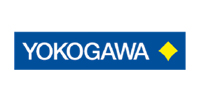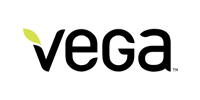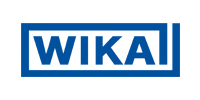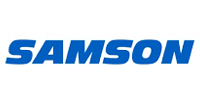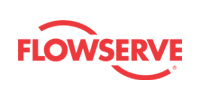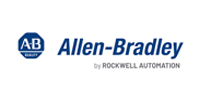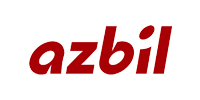chemical & Switch
Industrial measuring instruments play a crucial role in the chemical and pharmaceutical industries, ensuring that processes run efficiently, safely, and within regulatory standards. Here is an overview of common industrial measuring instruments used in these industries:
1. Pressure Gauges and Transmitters
- Function: Measure the pressure of gases and liquids in a process.
- Applications: Pressure gauges and transmitters are essential for monitoring reactors, pumps, filtration systems, and autoclaves. Precise pressure measurement ensures safe operation and quality control.
- Types:
- Mechanical Gauges (e.g., Bourdon tube gauges)
- Digital Pressure Transmitters (for precise data logging and real-time control)
2. Temperature Sensors
- Function: Monitor and control temperature during chemical reactions, storage, and product processing.
- Applications: Temperature control is critical in chemical synthesis, crystallization, fermentation, and drug manufacturing processes.
- Types:
- Thermocouples
- Resistance Temperature Detectors (RTDs)
- Infrared Temperature Sensors (for non-contact measurement)
3. Flow Meters
- Function: Measure the flow rate of liquids or gases in a pipeline.
- Applications: Used to control the flow of raw materials, solvents, or finished products in processes like mixing, filtration, and distillation.
- Types:
- Coriolis Flow Meters (mass flow measurement)
- Electromagnetic Flow Meters (suitable for conductive fluids)
- Ultrasonic Flow Meters (non-invasive)
4. Level Sensors
- Function: Detect the level of liquid in tanks and reactors.
- Applications: Ensure accurate measurement of reactants in reactors, solvent levels in storage, and product levels in process tanks.
- Types:
- Capacitive Level Sensors
- Ultrasonic Level Sensors
- Radar Level Sensors (used for accurate, non-contact measurement)
5. pH Meters
- Function: Measure the acidity or alkalinity of a solution.
- Applications: Critical in formulation, fermentation, and water treatment processes in the pharmaceutical industry to ensure product quality and stability.
- Types:
- Glass Electrodes pH Meters (lab use)
- Industrial Online pH Sensors (for continuous monitoring in tanks)
6. Conductivity Meters
- Function: Measure the ability of a solution to conduct electricity, which correlates to ion concentration.
- Applications: Used to monitor water purity, the concentration of electrolytes, and control processes in water treatment or cleaning systems.
- Types:
- Two-electrode Conductivity Meters
- Inductive Conductivity Sensors (for highly concentrated solutions)

7. Turbidity Meters
- Function: Measure the clarity of liquids by detecting suspended particles.
- Applications: Ensures product quality in filtration systems and water treatment processes.
- Types:
- Laser-based Turbidity Meters
- Optical Sensors
8. Spectrophotometers
- Function: Measure the intensity of light absorbed by a sample, which is used to determine the concentration of a substance.
- Applications: Commonly used in chemical analysis, quality control, and for identifying the purity of pharmaceutical products.
- Types:
- UV-Visible Spectrophotometers
- Near-infrared (NIR) Spectrophotometers
9. Gas Analyzers
- Function: Measure the concentration of gases in a mixture.
- Applications: Used in processes like gas chromatography, environmental monitoring, and safety checks (e.g., oxygen concentration in fermentation or hazardous gas detection).
- Types:
- Infrared Gas Analyzers
- Electrochemical Gas Sensors
10. Moisture Analyzers
- Function: Determine the moisture content in a sample.
- Applications: Crucial in drying processes, where the moisture level of products (e.g., active pharmaceutical ingredients) needs to be tightly controlled.
- Types:
- Halogen Moisture Analyzers
- Microwave Moisture Sensors
11. Density Meters
- Function: Measure the density of a liquid or gas, which is important for quality control and process optimization.
- Applications: Used in the production of chemicals, drugs, and liquids where concentration and consistency are critical.
- Types:
- Vibrating Tube Density Meters
- Hydrometers
12. Viscometers
- Function: Measure the viscosity (resistance to flow) of liquids.
- Applications: Used in formulating liquid pharmaceuticals, ointments, and ensuring the consistency of chemical products.
- Types:
- Rotational Viscometers
- Capillary Viscometers
Conclusion
In the chemical and pharmaceutical industries, accurate and reliable measurements are essential to maintaining product quality, ensuring safety, and complying with regulations. Instruments such as pressure gauges, temperature sensors, flow meters, and pH meters, among others, provide the data needed to control these complex processes effectively. The choice of instrument depends on the specific requirements of the process, such as the physical properties of the materials being handled and the precision needed.
